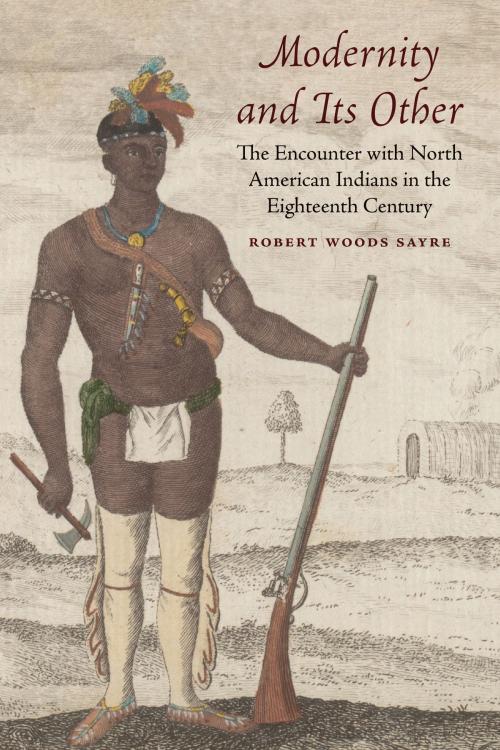Modernity and Its Other
The Encounter with North American Indians in the Eighteenth Century
Nonfiction, Social & Cultural Studies, Social Science, Cultural Studies, Native American Studies, History, Americas, United States, Colonial Period (1600-1775)| Author: | Robert Woods Sayre | ISBN: | 9781496204776 |
| Publisher: | UNP - Nebraska | Publication: | December 1, 2017 |
| Imprint: | University of Nebraska Press | Language: | English |
| Author: | Robert Woods Sayre |
| ISBN: | 9781496204776 |
| Publisher: | UNP - Nebraska |
| Publication: | December 1, 2017 |
| Imprint: | University of Nebraska Press |
| Language: | English |
In Modernity and Its Other Robert Woods Sayre examines eighteenth-century North America through discussion of texts drawn from the period. He focuses on this unique historical moment when early capitalist civilization (modernity) in colonial societies, especially the British, interacted closely with Indigenous communities (the “Other”) before the balance of power shifted definitively toward the colonizers.
Sayre considers a variety of French perspectives as a counterpoint to the Anglo-American lens, including J. Hector St. John de Crèvecoeur and Philip Freneau, as well as both Anglo-American and French or French Canadian travelers in “Indian territory,” including William Bartram, Jonathan Carver, John Lawson, Alexander Mackenzie, Baron de Lahontan, Pierre Charlevoix, and Jean-Baptiste Trudeau. Modernity and Its Other is an important addition to any North American historian’s bookshelf, for it brings together the social history of the European colonies and the ethnohistory of the American Indian peoples who interacted with the colonizers.
In Modernity and Its Other Robert Woods Sayre examines eighteenth-century North America through discussion of texts drawn from the period. He focuses on this unique historical moment when early capitalist civilization (modernity) in colonial societies, especially the British, interacted closely with Indigenous communities (the “Other”) before the balance of power shifted definitively toward the colonizers.
Sayre considers a variety of French perspectives as a counterpoint to the Anglo-American lens, including J. Hector St. John de Crèvecoeur and Philip Freneau, as well as both Anglo-American and French or French Canadian travelers in “Indian territory,” including William Bartram, Jonathan Carver, John Lawson, Alexander Mackenzie, Baron de Lahontan, Pierre Charlevoix, and Jean-Baptiste Trudeau. Modernity and Its Other is an important addition to any North American historian’s bookshelf, for it brings together the social history of the European colonies and the ethnohistory of the American Indian peoples who interacted with the colonizers.















